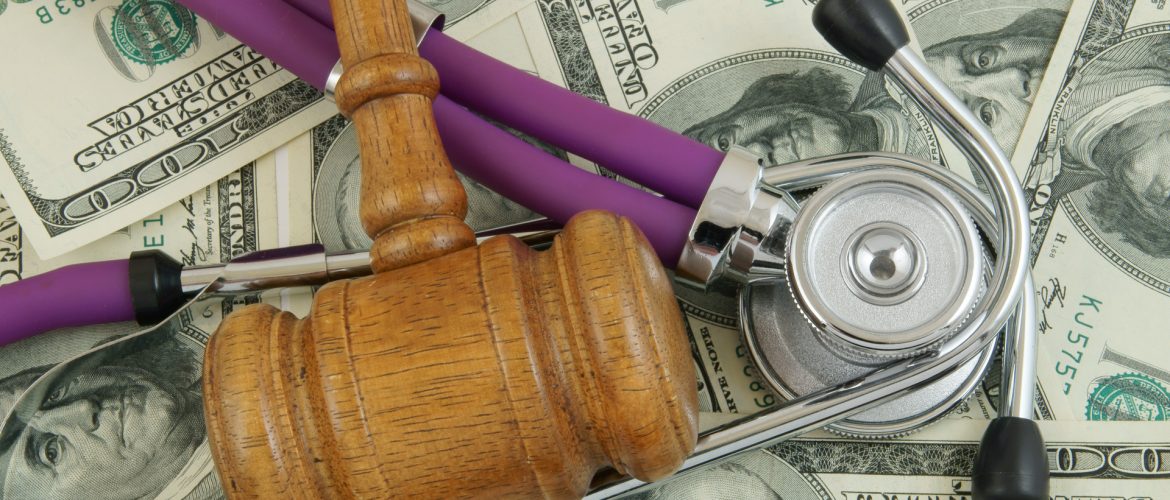According to the Department of Health and Human Services (HHS) and the Department of Justice (DOJ) Health Care Fraud and Abuse Control Program Annual Report for Fiscal Year (FY) 2021, the federal government won or negotiated more than $5 billion in healthcare fraud judgments and settlements in FY 2021, in addition to other healthcare administrative impositions.
The report says that in FY 2021 the DOJ opened 831 new criminal healthcare fraud investigations. Federal prosecutors filed criminal charges in 462 cases involving 741 defendants, and a total of 312 defendants were convicted of healthcare fraud related crimes during the year. The DOJ also opened 805 new civil healthcare fraud investigations and had 1,432 civil healthcare fraud matters pending at the end of the fiscal year. Federal Bureau of Investigation (FBI) investigative efforts resulted in over 559 operational disruptions of criminal fraud organizations and the dismantlement of the criminal hierarchy of more than 107 healthcare fraud criminal enterprises.
Investigations conducted by HHS’s Office of Inspector General (HHS-OIG) during this time period resulted in 504 criminal actions against individuals or entities that engaged in crimes related to Medicare and Medicaid, and 669 civil actions, which include false claims and unjust-enrichment lawsuits filed in federal district court, and civil monetary penalty (CMP) settlements. HHS-OIG also excluded 1,689 individuals and entities from participation in Medicare, Medicaid, and other federal healthcare programs. Among these were exclusions based on criminal convictions for crimes related to Medicare and Medicaid (569) or to other healthcare programs (267), for beneficiary abuse or neglect (145), and as a result of state healthcare licensure revocations (536).
In FY 2021, the FBI opened 593 new healthcare fraud investigations. 2,947 investigations were pending at the end of FY 2021. Investigative efforts throughout the fiscal year produced 470 criminal healthcare fraud convictions, 526 indictments, and 281 incidents of prosecutors’ information resulting in criminal charges that began court proceedings. In addition, investigative efforts resulted in over 559 operational disruptions of criminal fraud organizations and the dismantlement of more than 107 healthcare fraud criminal enterprises.
You can view the report here: https://oig.hhs.gov/publications/docs/hcfac/FY2021-hcfac.pdf.
Issue:
Skilled nursing facilities are required to have an effective compliance and ethics program that is effective in preventing and detecting criminal, civil, and administrative violations to reduce the likelihood of fraud, waste, and abuse of government funds.
Discussion Points
- Review your policies and procedures for operating an effective compliance and ethics program. Ensure that your policies are reviewed at least annually and updated when new information becomes available.
- Train all staff on your compliance and ethics policies and procedures upon hire and at least annually. Ensure that they understand that an effective compliance and ethics program is everyone’s responsibility. Document that these trainings occurred and file the signed document in each employee’s education file.
- Periodically perform audits to ensure that all staff are aware of compliance and ethics policies and guidelines and understand their responsibility to report any concerns to their supervisor, the compliance and ethics officer, or via the anonymous hotline. Provide the audit information and any necessary action steps to the compliance and ethics committee and the governing body.














































































